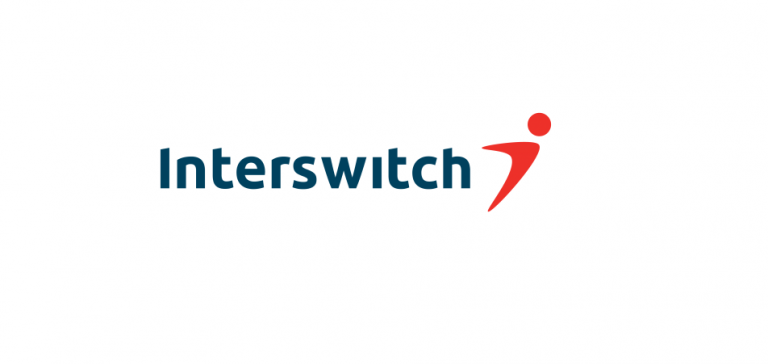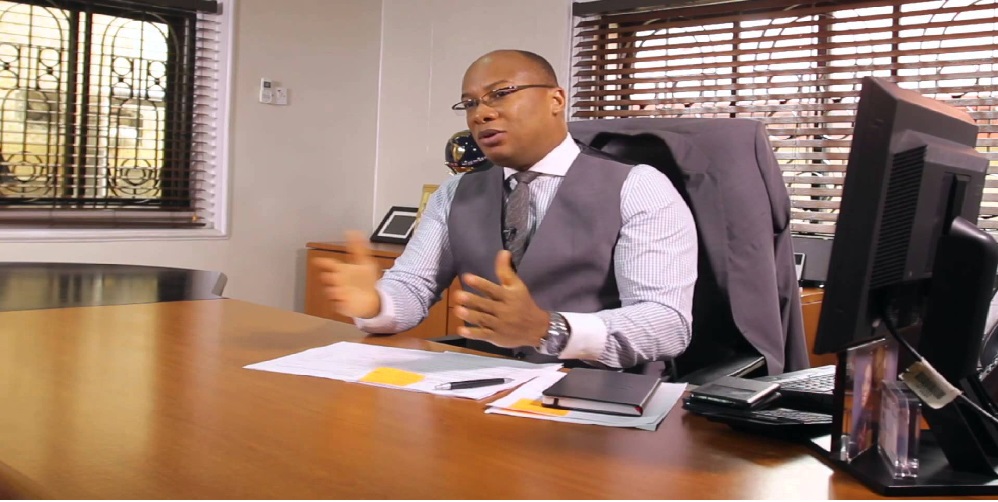
So, I spent the weekend working on a case study on how Interswitch became a billion dollar business. The case study goes live soon, but since I’m really not permitted to be humorous and make as many analogies as I would love to (because its serious stuff), I decided to document some of my notes separately and share them as a separate article.
I’m sharing some stuff I learnt studying Interswitch’s business, and what every Nigerian startup can learn on their way to becoming a billion dollar business (because we need more of those).
Market size and the Mystery of Total Addressable Market
Register for Tekedia Mini-MBA edition 18 (Sep 15 – Dec 6, 2025) today for early bird discounts. Do annual for access to Blucera.com.
Tekedia AI in Business Masterclass opens registrations.
Join Tekedia Capital Syndicate and co-invest in great global startups.
Register for Tekedia AI Lab: From Technical Design to Deployment.
There are apparently hundreds of startups in Nigeria, with a majority of them based in Lagos alone, yet we’re clamoring on the streets because of only two startups that have crossed the billion dollar mark; Jumia, and Interswitch, why? Because of the myth of total addressable market.
Nigeria is not Silicon Valley. When people dole out Nigeria’s market size as 200 million people, it makes me laugh. Our population is 200 million, your market size is likely not anywhere close to that. The only businesses that can even boast of a market size above 100 million, are extremely essential businesses, like water, food, telco guys etc. Most people in tech are operating in very small market segments, What I like to call niche markets. Think of this; you’re in an office where the founding team of an agritech company is pitching their idea of using technology to make farming more efficient and productive. So, you ask them what’s your total addressable market? And they say all the farmers in Nigeria, for a product that costs maybe $30 a month to subscribe to, in essence they’re saying all the farmers in Nigeria can afford to pay N11,400 a month for your high tech product that they may not even understand?

When I was in school, my landlord had a small farm beside his house where he planted cassava. That man was in no way tech-savvy, I’m not even sure if he made up to N11,400 every month from farming, if you gave him a business that made him 11,400 every month, I’m sure he’d pray for you.
Stripe recently acquired Paystack reportedly for around US$200 million, and the whole Nigerian tech space was on fire, someone even saw a post on social media where a girl said they’re now interested I’m dating tech guys. But if you give the acquisition details a closer look, you’ll see something alarming; Paystack only had about 60,000 users, only 60,000? For a 5-year-old startup, why? Because Paystack’s addressable market is small.
If you’re building a business in Nigeria, you need to understand market segments. Not everyone in Nigeria can afford the latest iPhone, so we have Tecno phones, not everyone can afford Banana island, so we have Iyana Ipaja, and not everyone can afford a brand-new car, so we have tokunbo (foreign used cars), second hand cars, third hand cars, and cars that have changed ownership so many times, we’ve lost count.
Most founders don’t understand the dynamics of market segments, so they build products for the imaginary 1million total addressable market they think they have, then they launch the product, and learn the hard way that their total addressable market is probably not up to a hundred thousand.
Because there’s a need for a product does not justify building it, if there aren’t enough people in your market segment who need your solution that can afford it, then don’t build it. Do you know how many people reading this post would love a brand new Rolls-Royce? Is that a justification for Rolls-Royce to open an official dealership here? I think not.
Most Nigerians like good stuff, they just like the good stuff that’s cheap. So Apple’s AirPods Pro retail for around N95,000, a cheaper option is Transsion owned Oraimo Freebuds that retail for N20,000, and if you really want to know, there’s probably a guy not too far from where I live that can retail a couple of unbranded white AirPods looking buds for N3,500. Your call.
You need scale to prosper; building a product in a highly competitive niche market is like trying to replicate fast and furious on third mainland bridge. I hope your car can swim.
What Real Innovation is
AI, Blockchain, IoT, AR and VR are all nice buzzwords, they’re all innovative solutions, they are, I even use some of them when I talk to foreign contacts, but in Nigeria, all that AI stuff is just grammar. Unless you’re in the B2B space, where offering technical expertise is your core business, I do not think using any of those technical jargon will get you anywhere. I’m serious, I was on a call with an old classmate who works with a fintech startup in Lagos the other day, and when he started breaking down all those technical fintech jargon for me, It was something.
You think Mama Sikira cares about API’s and UX? Mama Sikira’s major concern is that the POS worked, how it worked is none of her business. Leave all that jargon for the engineers, my point is this; innovation isn’t really about tech here, I think it’s about pricing.
Your total addressable market is low not because your product isn’t valuable or useful (even though some products fall Into this category), but because you don’t really have the right pricing mechanism to extract value from your users.
Interswitch charges a very small fee per transaction that scales based on volume, and they don’t charge you directly, they charge your merchant, who then charges you. The fee is small but when you consider that maybe 40 million transactions were processed that month, you’ll understand why Interswitch is a unicorn.
Some of the biggest businesses utilize a double play B2B model that allows them cash out based on number of users, data generated, or some other obscene metric.
Who pays for your Facebook and/or YouTube usage? You? Or the thousands of advertisers that spend hundreds of thousands, and even millions of dollars to serve you ads?
Nigerian startups need innovation in this space if they’re going to grow their total addressable market, unlock more value, and evidently create at least a billion dollars in value.
Oh, and try to build for more than one market segment. B2C (Business to Consumer) is legit, but the real money, especially in Nigeria is in B2B (Business to Business), that’s where the big boys play, and don’t get me started on B2G (Business to Government), winks my Abuja people.
Partnerships and Alliances
If you have a business, then you (hopefully) have a problem you want to solve, and aren’t just doing it for the money. If that’s the case, then you have a vision, and you can’t push that vision alone. You need partners.
You may be competitors, but as long as they have something you want at that specific time that can push your vision forward, you should seriously consider partnering with them.
Partnerships are key, don’t trivialize them.
Interswitch partners with so many businesses, even Visa where they apparently compete (think Verve) in their card division.
Conclusion
Understanding market segments, and what your total addressable market is, finding a way to innovate on pricing, and making effective partnerships are some key strategies employed by Interswitch to become a billion dollar business.
Employing these strategies could help you scale up your business to billion dollar status, rather than bleeding investors money to nowhere.



